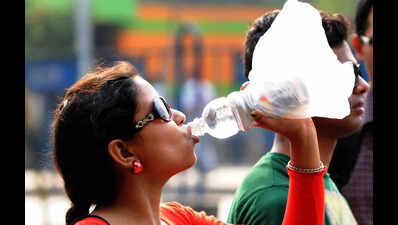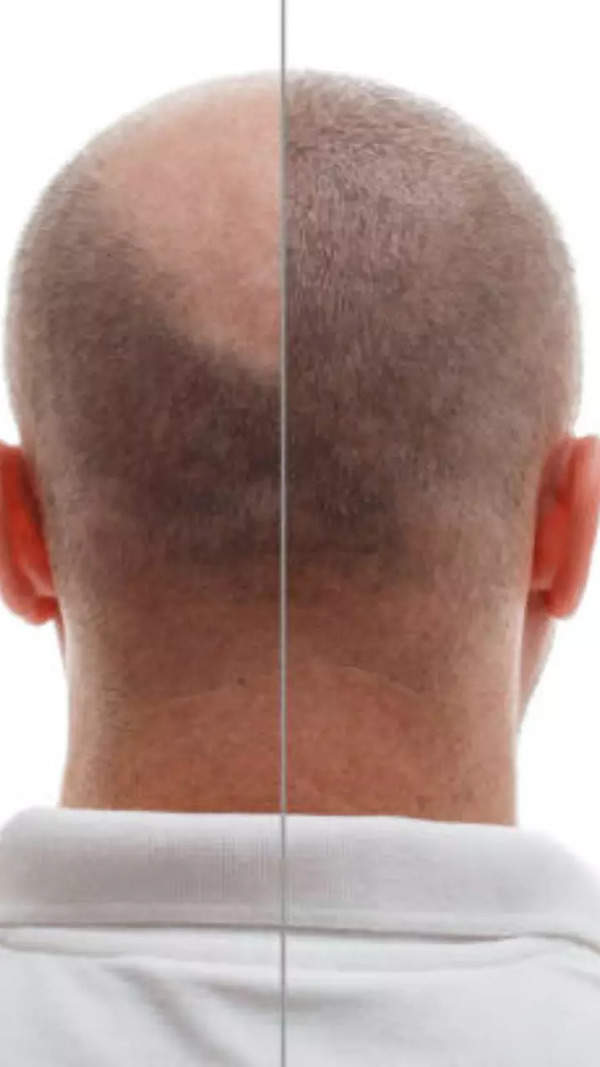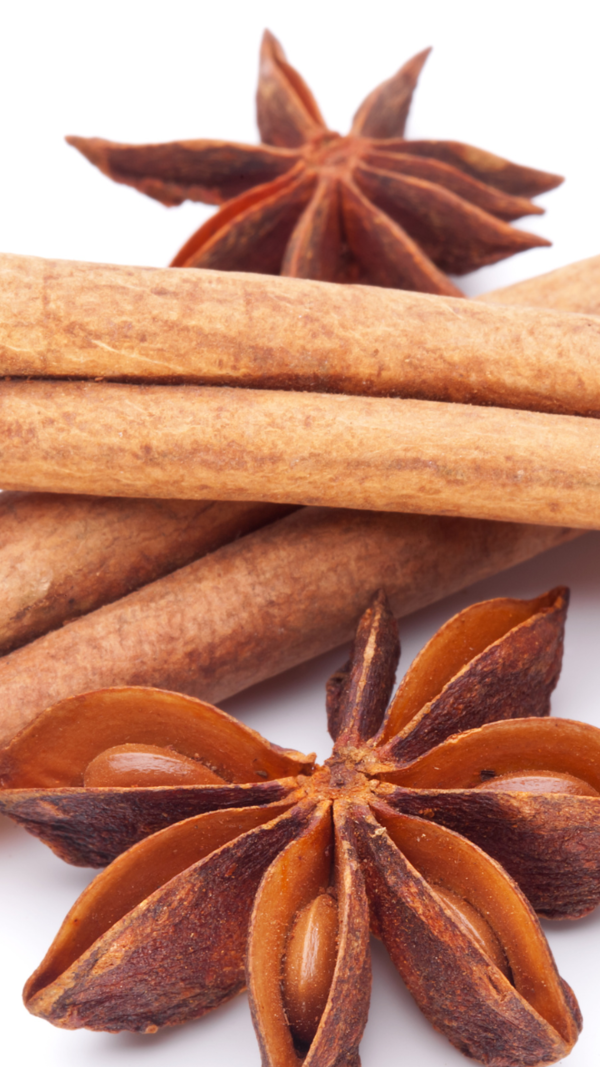- News
- City News
- noida News
- From fever to skin rashes, dehydration takes a toll as max temp touches 40°C
Trending
From fever to skin rashes, dehydration takes a toll as max temp touches 40°C
Noida: Healthcare facilities across Noida are reporting an increase in symptoms of dehydration such as spiked fever, headache, burning skin sensation, or itchy skin and eyes. With temperatures hovering around 40°C, OPDs have seen a surge in patients with symptoms such as body aches, fatigue, dizziness, and mild fevers.
According to dermatologists, cases of skin-related issues – such as dry, itchy, and flaky skin, and heat rashes – have increased in the OPDs over the past few days.
"Almost 60% of patients are showing symptoms of heat rashes. People who often travel or are exposed to the sun are reporting more such cases. Dehydration and exposure to the sun often break down collagen, resulting in premature ageing, wrinkles, and other skin issues. Moreover, the blockage of sweat glands due to excessive sweating and dust in the summer season can cause heat rashes. It is important to take preventive measures at an early stage," said Chandni Jain Gupta, a Noida-based dermatologist.
According to doctors, dehydration can thicken the blood, increasing the risk of clotting. Rising temperatures, combined with inadequate fluid intake, increase the chances of stroke, especially in individuals who travel frequently or have existing risk factors.
"Infants, elderly adults, outdoor workers, athletes, and those with chronic illnesses are the most vulnerable. Dehydration strains the cardiovascular system, stresses kidneys, increases heat stroke risk, and disrupts electrolyte balance, affecting muscles and brain function. During summer, it's crucial to stay hydrated with water or ORS, avoid sugary drinks, wear light clothing, limit sun exposure, eat water-rich fruits, and stay cool," said Dr Ajay Agarwal, senior director of internal medicine, Fortis Hospital, Noida.
In neighbouring Ghaziabad, as well, doctors are reporting a spike in heat-related cases.
"There has been a spike in patients with dehydration, often showing symptoms such as fainting, fever, and dizziness. People are advised to take ample amounts of water, as those with prolonged dehydration are prone to heat strokes and should monitor symptoms early to avoid serious complications as the temperature will further rise in the coming weeks," said Dr Santaram Verma, a physician at Ghaziabad's MMG Hospital.

About the Author
Ayantika PalEnd of Article
Follow Us On Social Media








